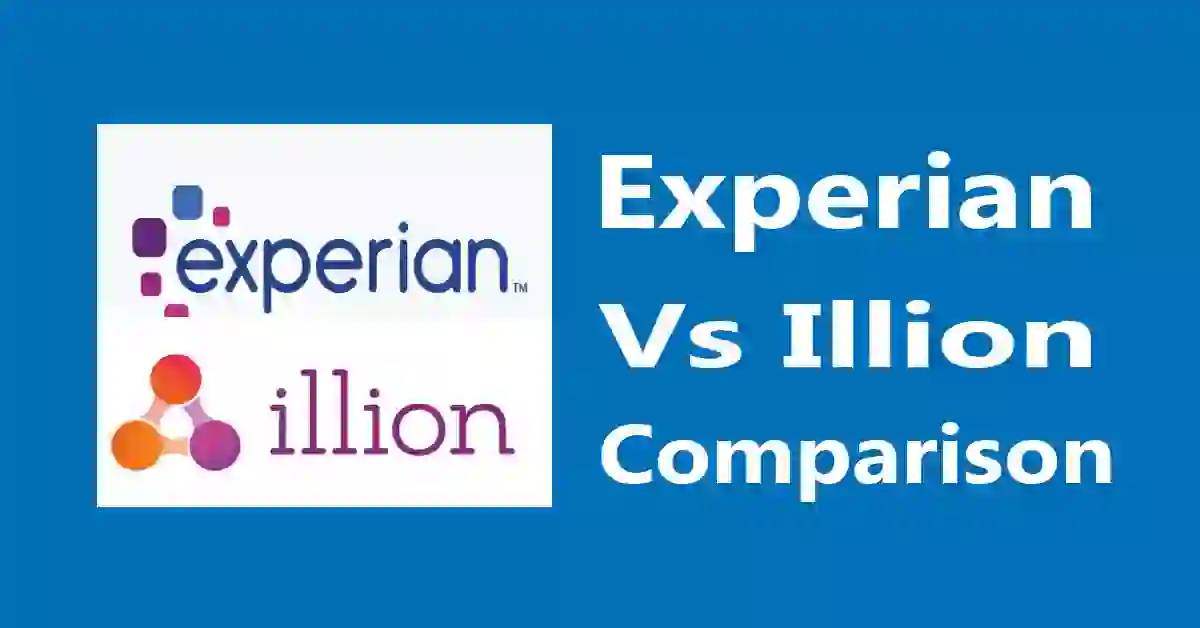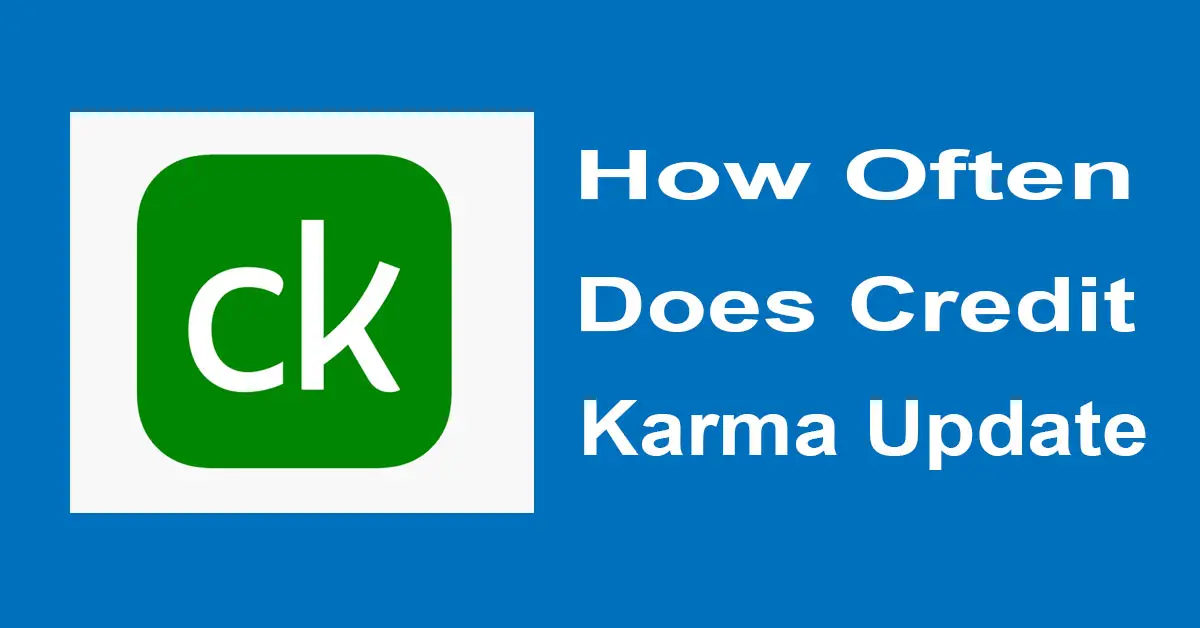Equifax vs TransUnion: A Comprehensive Comparison
In the financial industry, credit bureaus assume significant duties of acting as facilitators whereby they assist the lenders, businesses as well as the individuals to come up with a basis for arriving at the credit worthiness. TransUnion together with Equifax is one of the largest credit bureaus in the United States that is known for rather large scale of services and the greatest data base.
It’s imperative to comprehend the similarities and differences between these two CRA while attempting to comprehend credit scoring and credit reports. Looking at the features provided in this blog post, one can observe that it is dedicated to comparing two credit bureaus – Equifax and TransUnion, outlining their services, their advantages, and core offerings.
Overview of Equifax and TransUnion
Equifax being one of the oldest credit bureaus, was founded in 1899. Equifax is engaged in credit reporting and has been in the industry for long time offering credit reports, credit scores, credit check, and identity protection. Equifax have branches around the world thus offer credit information in many countries.
TransUnion is one more large credit bureau formed in 1968. Like Equifax it offers credit reports, credit scores and many other credit related services. Its credit information solutions have been referred to as innovative in managing credit health of the users in their consumers as well as business capacities.
Key Features of Equifax
- Comprehensive Credit Reports: Equifax offers credit reports which contain data on credit accounts, payment records, records of specific public records and personal data. These reports are credible documents used by he lenders to determine the credit status of an individual.
- Credit Scores: Equifax provides information required to access the specific scores and the FICO score is among the most popular. These scores assist the persons in knowing their credit position and are essential when it comes to seeking credit facilities such as loans, mortgages, and other credit services.
- Credit Monitoring and Alerts: Equifax offers credit reports that enable the users to be informed of critical changes in their credit reports within experiences such as new accounts, inquiries or derogatory notes. It is one of the ways through which user can have update and get alert on cases of identity theft.
- Identity Theft Protection: Equifax hosts solid identity theft products such as credit monitoring of the dark web, identity theft insurance, and support in cases of identity theft.
- Subscription-Based Services: Equifax provides different services for a fee that go beyond basic credit score that include Regular credit score updates, detailed credit report, and monitoring services.
- Equifax Lock & Alert: This feature enables the user to archive and unarchive his/her Equifax credit report and this enhanced with some level of security to ensure that anyone cannot access it without the permission of the owner.
Key Features of TransUnion
- Detailed Credit Reports: TransUnion offers clients credit reports with account data, credit payment history, records of legal proceedings, and client’s personal details. These reports are useful in particularly dealing with credit risk for both the lenders as well as the credit seekers.
- Credit Scores: Thus, TransUnion provides consumers with the Vantage Score and the FICO score. These scores offer useful information concerning the credit wellness of an individual.
- Credit Monitoring and Alerts: TransUnion provides its customers with credit monitoring, which notifies the users regarding any modifications to the credit reports, including new inquiries and accounts. This service assists the users to be aware of instances of likely identity theft.
- Identity Theft Protection: TransUnion offers identity theft protection features such as the surveillance of the dark web, identity theft insurance, and the assistance provided in cases of identity theft. These services assist the users in the prevention of identity theft and relief in the case of an identity theft occurrence.
- Subscription-Based Services: This company’s service delivery model is based on subscription for additional options that include daily credit score updates, comprehensive credit reports, and proactive credit monitoring.
- TransUnion Credit Lock: This feature enables users to have the ability of putting a lock on and unlocking their TransUnion credit report which enhances the security.
Comparing Equifax and TransUnion
Thus, we could observe that Equifax and TransUnion are indeed very similar in practices and general aims, but they have enough of the differences in their approaches, as well as the range of supplied services and their focuses on certain populations. Here is a detailed comparison of the two credit bureaus. Here is a detailed comparison of the two credit bureaus:
Accessibility and Cost
Equifax:
- Annual Credit Reports: Equifax offers the free annual credit reports through this site Annual Credit Report. com as well as mandated by federal law. Today’s reports do not contain credit scores.
- Subscription Plans: Equifax provides numerous services and tiers of access with their services varying by the package that one chooses to go for to be offered by Equifax. Some of these plans contain features like the provision of a credit score report more frequently, reports on credit, and better credit tracking.
- Individual Services: Equifax also provides individual services that may be accessed for a fee for instance; credit score check and identity theft protection services.
TransUnion:
- Annual Credit Reports: Annual credit report is a website through which TransUnion offers free credit reports annually. com. The following reports are general reports and they do not have credit scores.
- Subscription Plans: TransUnion currently has several subscription packages which in include credit score checkups, credit report analysis and enhanced monitoring.
- Individual Services: Currently, TransUnion offers extra specific services like credit scores and identity theft for monetary charges.
Credit Scores and Reports
Equifax:
- Credit Scores: Equifax provides information containing several credit scores including the FICO score which is popular among the lending institutions. Equifax also offers its credit risk model the Equifax Credit Score.
- Credit Reports: Detailed Equifax credit reports contain information on credit accounts, payment history, and public records; these reports also contain personal information. These reports are crucial in ascertaining the credit worthiness of any borrower by the lenders.
TransUnion:
- Credit Scores: TransUnion offers the opportunity to get the Vantage Score and FICO. This is a score that is compiled by the three main credit bureaus and is gradually being adopted by most lenders.
- Credit Reports: The TransUnion credit report provides more details on its clients’ credit accounts, payment history, records of lawsuits, tax liens, judgments, and other details of the client. These reports are helpfully for the lenders and the people to evaluate the credit status.
Credit Monitoring and Identity Theft Protection
Equifax:
- Credit Monitoring: Equifax has credit monitoring services informing clients about drastic alterations to his/her credit reports. This is one of the service offerings and is bundled in the subscription services whereby the users are in a position to check their credit status.
- Identity Theft Protection: Equifax’s identify theft protection features encompass the usual elements of dark web monitoring, identity insurance, and recovery. All these above services are either packaged within the subscription plans or also offered as à la carte services.
TransUnion:
- Credit Monitoring: credit monitoring service by TransUnion that inform clients when their credit report has been updated. This is among the plans offered by the services assisting users in identifying possible cases of identity theft.
- Identity Theft Protection: Some of that includes the dark web monitoring, identity theft insurance, as well as an identity theft recovery service. These services can include part of the subscription plans or only certain services depending on the client’s needs.
Additional Features
Equifax:
- Equifax Lock & Alert: It offers the users a fast way of locking/unlocking their Equifax credit report, hence enhancing the overall security of the account.
- Educational Resources: In this regard, Equifax provides consumers with a delightful number of articles, tools, and tips on the ways to maintain and enhance the credit and financial situation.
TransUnion:
TransUnion:
- TransUnion Credit Lock: It offers the facility where any person can secure and unsecure the TransUnion credit report, thus ensuring everyone’s security.
- Credit Score Simulator: Regarding credit score, TransUnion has a credit score calculator to enable users to estimate how certain credit behaviors, for instance, making a new account or paying for credit scores, affect the credit score.
Pros and Cons of Equifax and TransUnion
Equifax
Pros:
- Detailed; still reports that contain substantial information about the credit of the applicant.
- Formulae that contain elements of what is known as a ‘FICO score,’ used by credit providers.
- The identity theft protection services are very comprehensive and solid.
- For more enhanced security, there is Equifax Lock & Alert.
- Extensive educational resources.
Cons:
- There are possibilities that some favorable features cost much under a subscription plan.
- Equifax has been in the news regarding cybersecurity incidents that compromised users’ data in the past.
TransUnion
Pros:
- Reports containing credit information in relation to the client or company that is seeking credit.
- Vantage Score and FICO scores are now provided for consumers who had a credit report generated with their information.
- Excellent features aimed at identity protection.
- TransUnion Credit Lock to further increase the protection level.
- A mobile utility that allows users to simulate increase/decrease of their credit score for learning purposes only.
Cons:
- Some of the extra options may cost a lot of money under paid subscription.
- The overall usability can be considered as average; some users can find the interface not as intuitive as the one of the other credit monitoring services.
Which One Should You Choose?
Considering it, the choice between the two companies, Equifax and TransUnion should be based on a specific customer’s demands and preferences. Here are some scenarios to help you decide. Here are some scenarios to help you decide:
Choose Equifax If:
- You will be required to have FICO scores or the similar, a common scoring systems used by lenders.
- You need detailed credit reports that contain all the information.
- You wanted quality identity theft protection services.
- You want a platform that has many instructional materials that you can go through.
Choose TransUnion If:
- FICO score is important and you want the best lender to also provide the Vantage Score.
- The guarantee involves detailed credit reports with all the necessary information.
- The kind of identity theft protection services you need is robust.
- You favor such options as the credit score simulator for learning.
Conclusion
Equifax and TransUnion are the major credit bureaus that provide many useful services for clients of different types. There is a relative similarity with some distinguishable differences in their approach and features with regard to the target population. Here, it highlights the offering that each credit bureau brings to the table so that you can make the right decision for your credit.
Finally, the decision to opt either for Equifax or TransUnion depends on the consumer’s needs and expectations, or, in other words, his/her financial goals, the amount of money to be spent on the credit score service, as well as the degree of advisement and strictness necessary. Both NB and Experian offer the necessary resources and services that would allow people to easily understand credit and make the right decisions concerning their financial lives.





